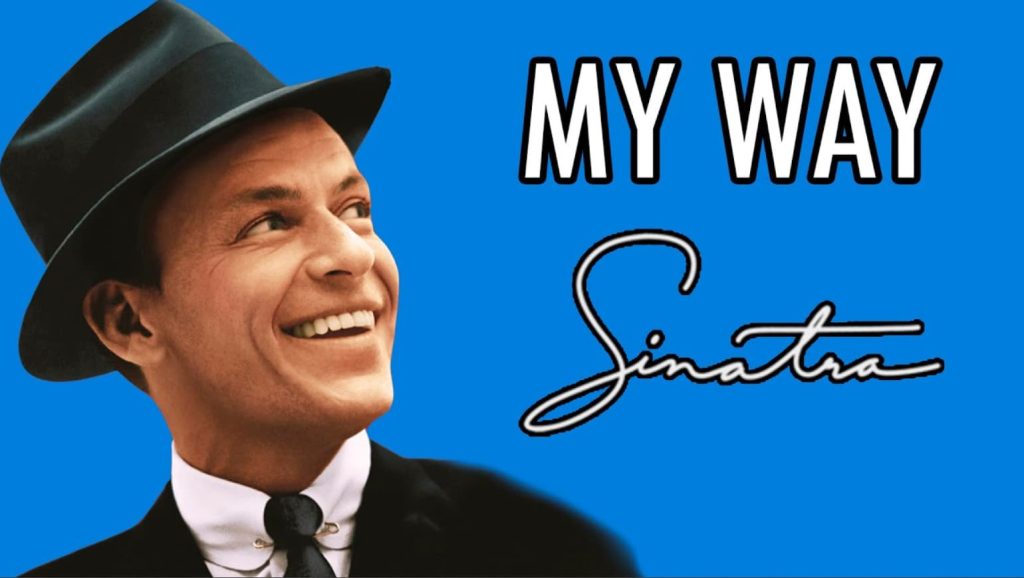
About the Song
“My Way” by Frank Sinatra is a timeless classic that has become synonymous with the iconic singer’s legacy. Released in 1969, the song has since become one of Sinatra’s signature tunes, renowned for its powerful lyrics and emotional delivery.
The song’s lyrics, penned by Paul Anka and based on the French song “Comme d’habitude,” speak to the idea of living life on one’s own terms, with pride and self-assurance. Sinatra’s rich, velvety voice imbues each word with depth and meaning, as he reflects on the ups and downs of his life journey.
As the song progresses, it builds to a triumphant crescendo, with Sinatra declaring, “I did it my way,” encapsulating a sense of defiance and independence that resonates with listeners around the world. The accompanying orchestration, featuring sweeping strings and dramatic flourishes, adds to the song’s grandeur and emotional impact.
“My Way” has endured as a timeless anthem of individualism and self-expression, inspiring countless listeners to embrace their own paths and celebrate their unique journeys through life. Sinatra’s masterful interpretation of the song cements its place as one of the greatest recordings in music history.